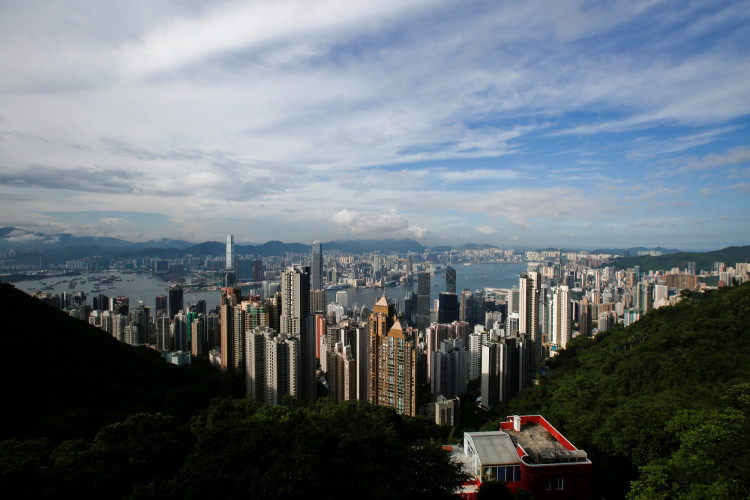The sale of the commercial plot of land in Hong Kong was pulled out on Wednesday after a less-than-encouraging response from buyers. The Hong Kong government canceled the sale of the parcel of land located at the city's former airport at Kai Tak. The city reportedly did not get the response it needed from property developers, who were mostly reluctant in making long-term investments given the economic downturn caused by the coronavirus pandemic.
The plot of land that was put up for sale is capable of yielding up to 1.16 million square feet of gross floor area and is the second-largest commercial property in Kai Tak. Despite the attractive location and ample area, bidders who had participated in the sale were, unfortunately, unable to meet the government's reserve price.
Parts of the property were located near already established and under construction infrastructures such as the proposed Sung Wong Toi MTR Station and the Kai Tak Sports Park. Due to its location, the city's Lands Department had priced the lot at the upper range of its market value. However, appraisers estimated that the value of the land was actually 20 percent lower than the government's reserve prices and worth only around HK$6.38 billion to HK$10.44 billion.
According to some property market appraisers, the government's reserve price was "out of touch" with the actual market, which is mainly the reason why most property developers were not that interested in making any bids. The cancellation of the sale was the fourth such move since 2018. The withdrawal has been seen by some as a further indication of the depressed mood in the city's real estate market, which has lasted for more than two years.
After months of civil unrest, the situation had been exacerbated by the spread of the coronavirus pandemic, which has further disrupted economic activity. This has resulted in continually declining home sales, home values, and public purchasing confidence. Knight Frank executive director, Thomas Lam, stated that the withdrawal was a disappointing turn of event as it reflects the general difference in the outlook between developers and the government. Analysts at Savills echoed the sentiments and added that the government simply overestimated the property's worth and did not take into account the current state of the industry.
For the first quarter of 2020, Hong Kong's economy had contracted by more than 8.9 percent year-on-year. The contraction was the worst on record and the second consecutive contraction. The recession had severely affected home prices in the city, which had retreated by more than 8.1 percent on average.






